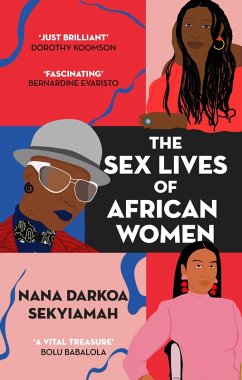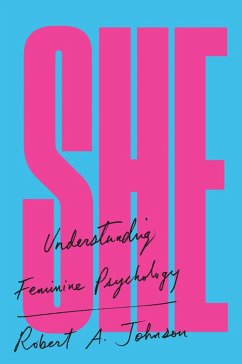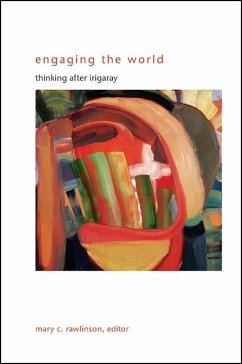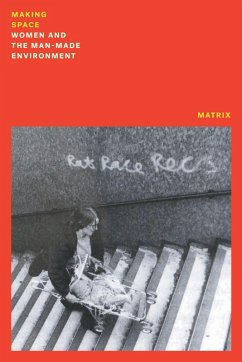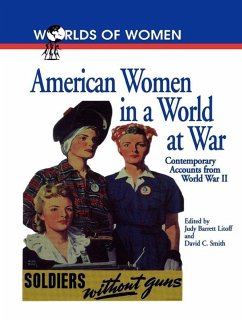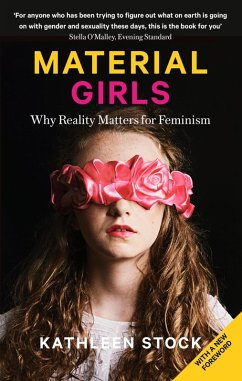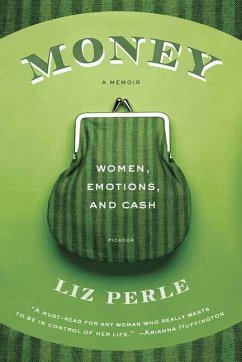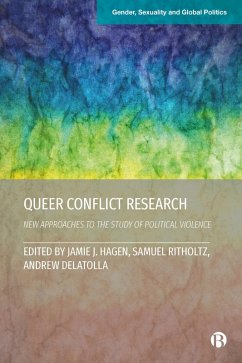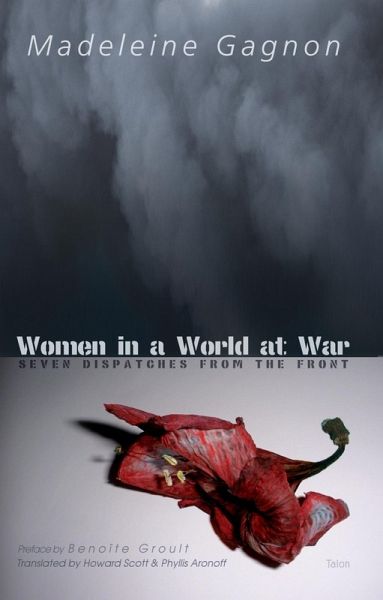
Women in a World at War (eBook, ePUB)
Seven Dispatches from the Front
Übersetzer: Aronoff, Phyllis; Scott, Howard

PAYBACK Punkte
6 °P sammeln!
In 1999, poet and novelist Madeleine Gagnon undertook to document the experience of women in the many war zones at the end of a "century of ashes" through their own eyes and in their own words. Her record of those encounters boldly confronts the harshest realities of and asks the most difficult questions about not only the horrors of war, but also the quest for justice, the experience of love and compassion, the inextinguishable hope for the future, and the will to live-the humanity that endures against all odds.Travelling to Macedonia, Kosovo, Bosnia, Israel, Palestine, Lebanon, Pakistan, and...
In 1999, poet and novelist Madeleine Gagnon undertook to document the experience of women in the many war zones at the end of a "century of ashes" through their own eyes and in their own words. Her record of those encounters boldly confronts the harshest realities of and asks the most difficult questions about not only the horrors of war, but also the quest for justice, the experience of love and compassion, the inextinguishable hope for the future, and the will to live-the humanity that endures against all odds.
Travelling to Macedonia, Kosovo, Bosnia, Israel, Palestine, Lebanon, Pakistan, and Sri Lanka, Gagnon talked with women of all ages and social classes: those who fought side-by-side with men in wars of independence; who suffered terrible abuse in war; who lost their men, their homes, their children, their entire families; women working to heal the survivors, and those involved in different peace movements. She explores why women themselves have not found a way to put an end to war, why they continue, from generation to generation, to raise sons who make war and oppress women, what stake women themselves might have in war. And she dares to look within herself for the answers to these questions and for the roots of all conflict, war, and destruction. Elle magazine of France described this book as "sublime ... a long, strange poem that recalls the work of such giants of literary journalism as V.S. Naipaul and Ryszard Kapuscinski.
Travelling to Macedonia, Kosovo, Bosnia, Israel, Palestine, Lebanon, Pakistan, and Sri Lanka, Gagnon talked with women of all ages and social classes: those who fought side-by-side with men in wars of independence; who suffered terrible abuse in war; who lost their men, their homes, their children, their entire families; women working to heal the survivors, and those involved in different peace movements. She explores why women themselves have not found a way to put an end to war, why they continue, from generation to generation, to raise sons who make war and oppress women, what stake women themselves might have in war. And she dares to look within herself for the answers to these questions and for the roots of all conflict, war, and destruction. Elle magazine of France described this book as "sublime ... a long, strange poem that recalls the work of such giants of literary journalism as V.S. Naipaul and Ryszard Kapuscinski.
Dieser Download kann aus rechtlichen Gründen nur mit Rechnungsadresse in A, D ausgeliefert werden.




